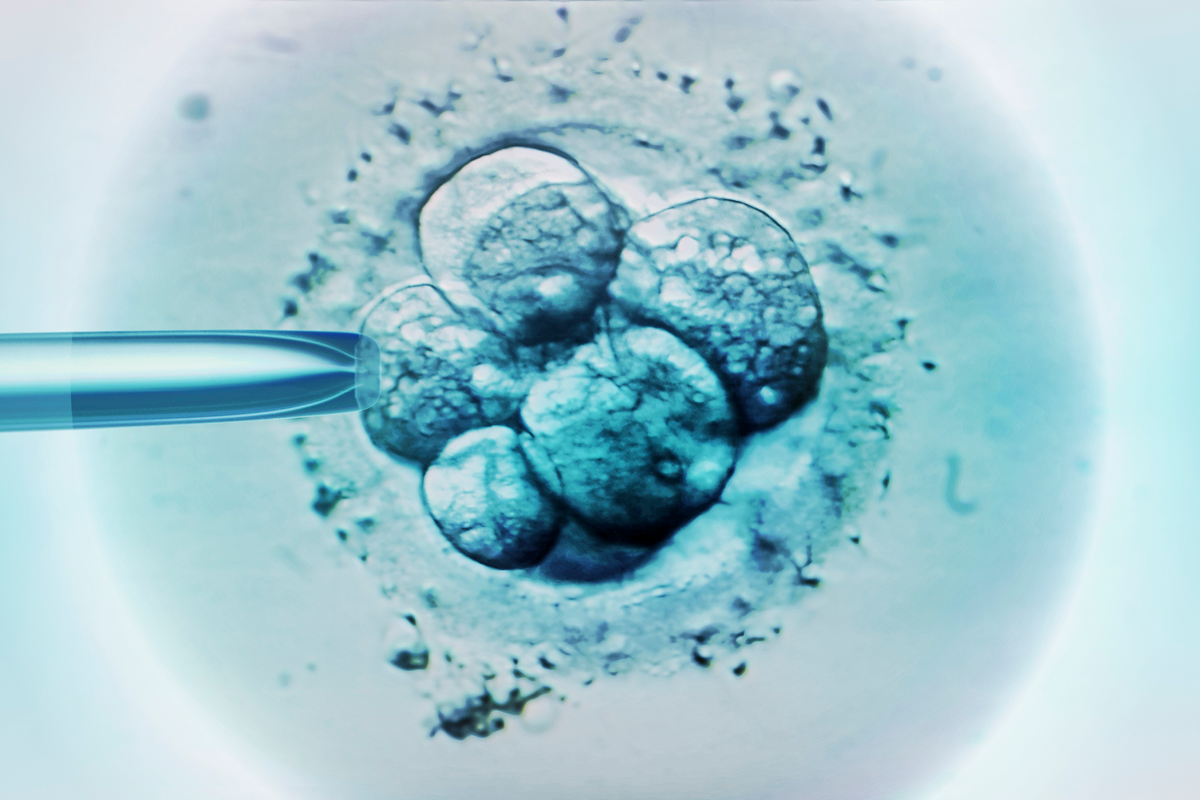After three years of trying to conceive with many different trials of fertility medication and methods, I was lucky enough to become pregnant and now have a healthy, happy 2-year-old. Since he turned 1, my husband and I have been back at the fertility doctor, trying another multitude of fertility meds to hopefully have another child. At this point, I’ve spent four years of my life taking different hormone medications. What are my long-term risks? I’ve read that cancer risk increases after prolonged fertility treatment. As much as I want another child, I want to be healthy for the one I have!
—Sally
Managing infertility is emotionally and physically challenging. Add to that concerns about long-term risks of treatment, and it is all just a lot!
Concerns regarding an increased risk of some cancers are founded in logic. Hormone-sensitive cancers like breast and uterine cancers might be more likely to grow when exposed to the high levels of hormones given with some assisted reproductive technology (ART) protocols. Giving medications to stimulate ovulation might affect the ovaries in other ways — although we now think at least 75% of ovarian cancers actually arise from the fallopian tubes, not the ovaries. But do these concerns bear out in the data?

This is an area where there is lots of data but no good answers. There are a number of reasons why getting good data is difficult. Today there are couples using ART for all sorts of reasons, but until relatively recently, all of the couples using ART were doing so to treat infertility. About half of infertility issues are related to female infertility and half are related to male infertility. Furthermore, in the data we do have, there is huge variability in medications given, and we don’t always have information on how long women were taking them.
The data we have regarding ART and cancer is retrospective, and in many cases we don’t know what the cause of infertility was in the couples included in the data. This matters because there is conflicting data that suggests that women with infertility may have increased risk for some cancers regardless of whether they undergo fertility treatment or not. Additionally, women with infertility related to polycystic ovary syndrome have increased risk for cardiovascular disease and Type 2 diabetes — diabetes is an independent risk factor for several types of cancer.
The data we do have suggests that uterine and breast cancer rates are not increased among women using ART. With regard to ovarian cancer, there are several studies that have found that, while there is an increased risk of ovarian cancer in women with unexplained infertility, there is no further increased risk with ART. One study found that undergoing more than 12 cycles with Clomid is associated with increased risk for ovarian cancer.
The upshot: There may be some increased risk for reproductive cancers in women with infertility compared to those women not diagnosed with infertility, but there is little quality evidence to suggest that assisted reproductive technology further increases that risk.
Community Guidelines




















Log in